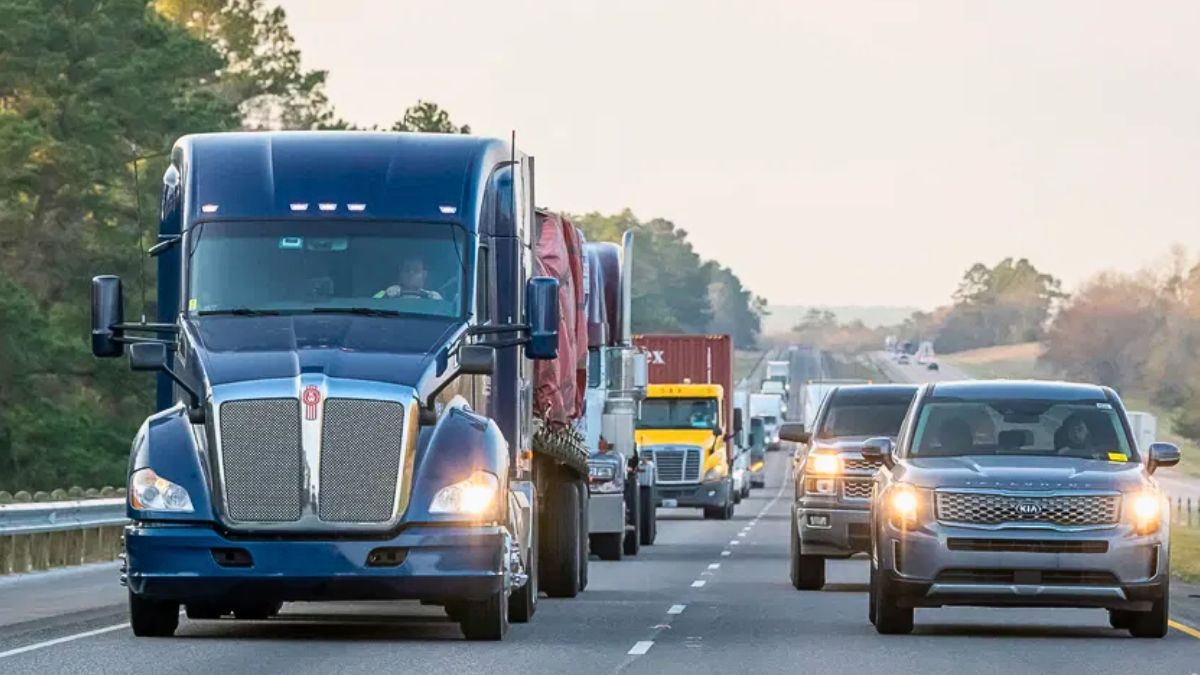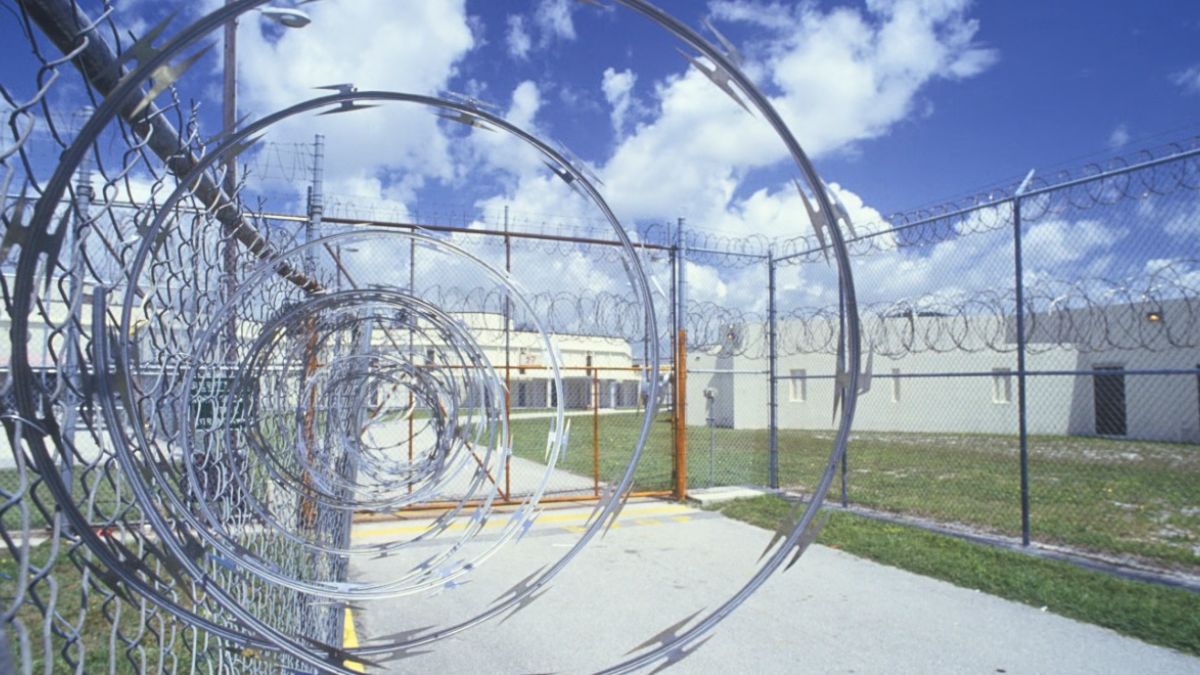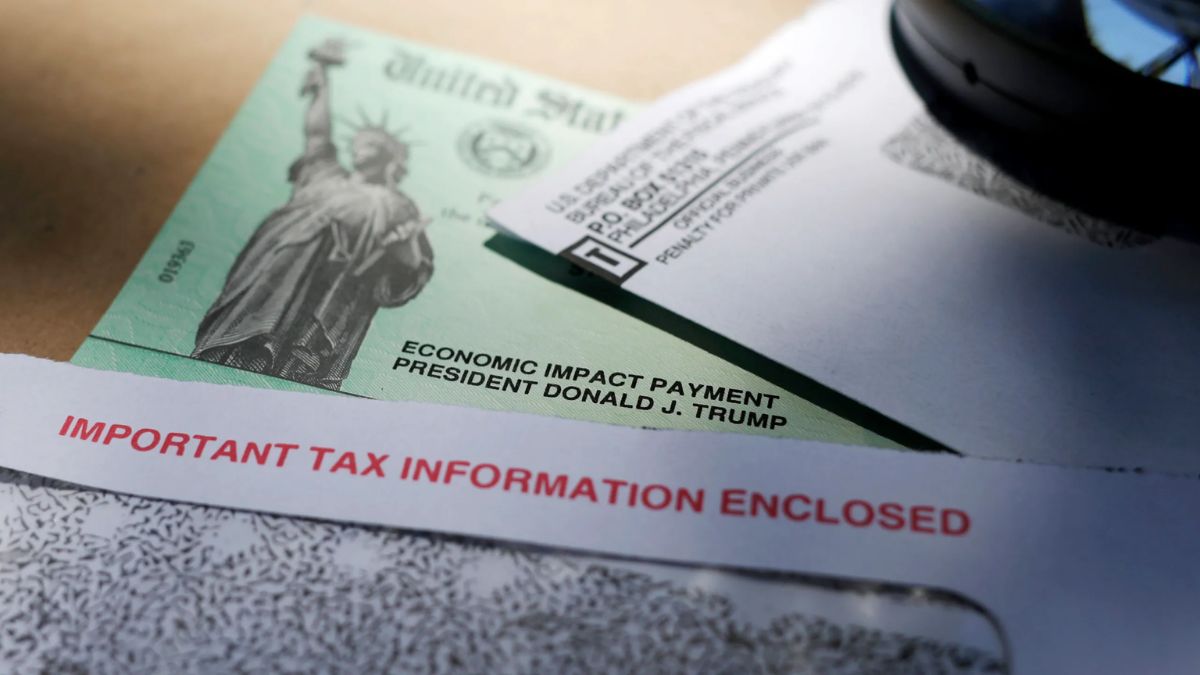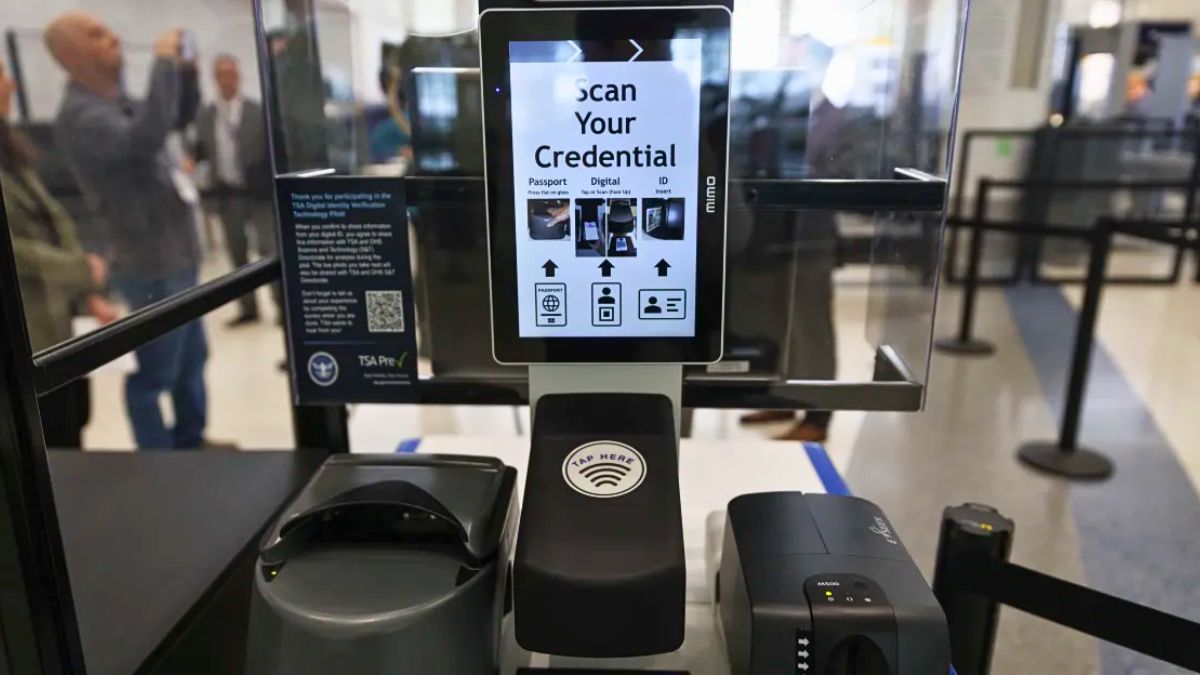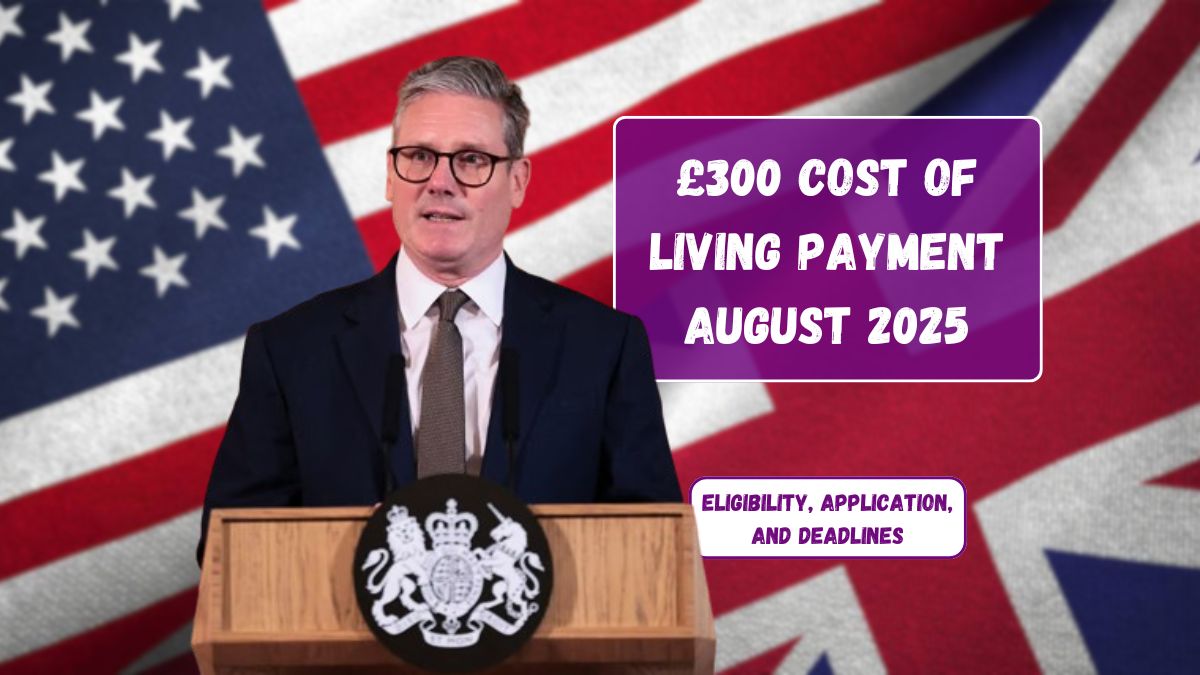Remember all the talk about mandatory speed limiters for big trucks? Well, scratch that from your mental hard drive. The Federal Motor Carrier Safety Administration (FMCSA) has officially pulled back on that controversial proposal. After nearly a decade of back-and-forth, legal hurdles, and public debate, the plan is now off the table — thanks, in part, to an executive order signed by former President Donald Trump.
Let’s break down what happened, why it matters, and what could come next.
Proposal
So, what was the big idea?
The FMCSA had proposed that all new trucks over 11,793 kilograms (about 26,000 pounds) be fitted with mandatory speed limiters. These devices would cap a truck’s top speed permanently — somewhere between 60 and 68 mph (96 to 109 km/h) — with no override options, even in safe driving conditions.
That plan resurfaced again in 2022 when regulators pushed to apply it to interstate transport companies. But public and industry pushback made sure it never gained traction.
Conflict
One of the biggest obstacles? Federal vs. state laws.
Many states, especially in rural or less-populated regions, legally allow higher speed limits. So if the FMCSA rule had passed, it would have overridden state authority — something that didn’t sit well with local lawmakers or truckers.
Plus, without strong data, the rule felt more like a shot in the dark than a proven safety measure.
| Factor | Support Level | Notes |
|---|---|---|
| Public Opinion | Divided | Over 22,000 comments submitted |
| State Governments | Mostly Opposed | Saw it as federal overreach |
| Trucking Industry | Mixed | No united position among drivers or fleets |
| Safety Data | Inconclusive | Stats were estimations, not guarantees |
Numbers
The FMCSA estimated that the rule could prevent around 214 deaths per year and save the industry $1.56 billion annually. Sounds great, right? But those numbers were based on unconfirmed models and multiple assumptions, with lots of variables still up in the air.
Critics pointed out that speed isn’t always the issue — sometimes it’s driver fatigue, road conditions, or other vehicles. Slowing down trucks doesn’t guarantee safer roads.
Politics
Dan Horvath, VP of operations at the American Trucking Associations, wasn’t shocked when the rule got tossed. He called the cancellation “expected” and noted it fit right into the Trump-era policy of removing two regulations for every new one introduced.
Basically, this proposal was seen as unnecessary regulatory baggage.
And it’s not like the public gave a clear answer. During the review period, more than 22,000 comments rolled in — with no overwhelming support or rejection. Even among truckers, opinions were all over the place.
Alternatives
So, with no speed limiter, is there anything being done for safety?
Yes. Instead of capping speed, regulators are leaning on tech like:
- Automatic emergency braking
- Forward collision warning systems
- Adaptive cruise control
- Lane departure alerts
Many trucks already come with these systems as standard. The hope is that driver assistance tech + responsible driving = safer roads — no need for speed caps.
But there’s still concern. These systems only work if they’re well-maintained and drivers are trained to use them properly. Without regular inspections, skipping the speed limiter could eventually lead to safety gaps.
NowWhat
So, what’s next?
At the moment, the debate is in stand-by mode. There’s no nationwide speed cap for trucks, and no immediate sign that a new rule will take its place. Regulators are watching closely, and if accidents rise or safety data changes, the topic could come back fast.
For now, it’s up to truckers, companies, and tech to keep things under control.
Like it or not, those big rigs are rolling free — and we’ll all be watching to see how that plays out.
FAQs
Is the truck speed limiter rule canceled?
Yes, FMCSA officially dropped the proposal in 2025.
What speeds were being considered?
Between 60 and 68 mph for heavy trucks.
Why was the proposal rejected?
Due to legal conflicts, unclear data, and public backlash.
Are there still truck safety systems?
Yes, like emergency braking and collision alerts.
Could the rule return later?
Yes, if future data supports it or political tides shift.

